
Feel Your Best This Summer: Essential Healthy Diet Tips
What's in This Article
As the warmth of summer approaches, many of us find ourselves yearning for a fresh start, a time to rejuvenate both body and mind. Embracing a balanced diet is an essential step in this journey, not just to achieve a certain aesthetic, but to nourish our bodies and enhance our overall well-being. A healthy lifestyle is about making informed choices that promote long-term health, rather than quick fixes that offer temporary results. By focusing on a diet rich in colorful fruits and vegetables, whole grains, lean proteins, and adequate hydration, we can ensure that our bodies receive the essential nutrients they need to thrive. Moreover, incorporating regular physical activity into our daily routine can significantly boost our mood and energy levels, helping us feel our best throughout the season. This comprehensive guide will explore essential healthy diet tips to help you feel confident and healthy in your own skin, regardless of the season.

Summer markets burst with a variety of fresh produce, offering a natural way to rejuvenate and nourish both body and mind.
The Importance of a Balanced Diet
A balanced diet is the cornerstone of good health, providing the body with the nutrients it needs to function optimally. It involves consuming a variety of foods in the right proportions to maintain energy levels, support bodily functions, and prevent chronic diseases. A balanced diet is not about strict limitations or depriving yourself of the foods you love. Instead, it's about feeling great, having more energy, and improving your health.
Understanding Nutritional Needs
Our bodies require a range of nutrients to function correctly, including carbohydrates, proteins, fats, vitamins, and minerals. Carbohydrates are the body's primary energy source, while proteins are crucial for building and repairing tissues. Fats, though often misunderstood, are essential for brain health and hormone production. Vitamins and minerals play various roles, from supporting immune function to maintaining bone health. Understanding these nutritional needs is the first step towards a balanced diet.
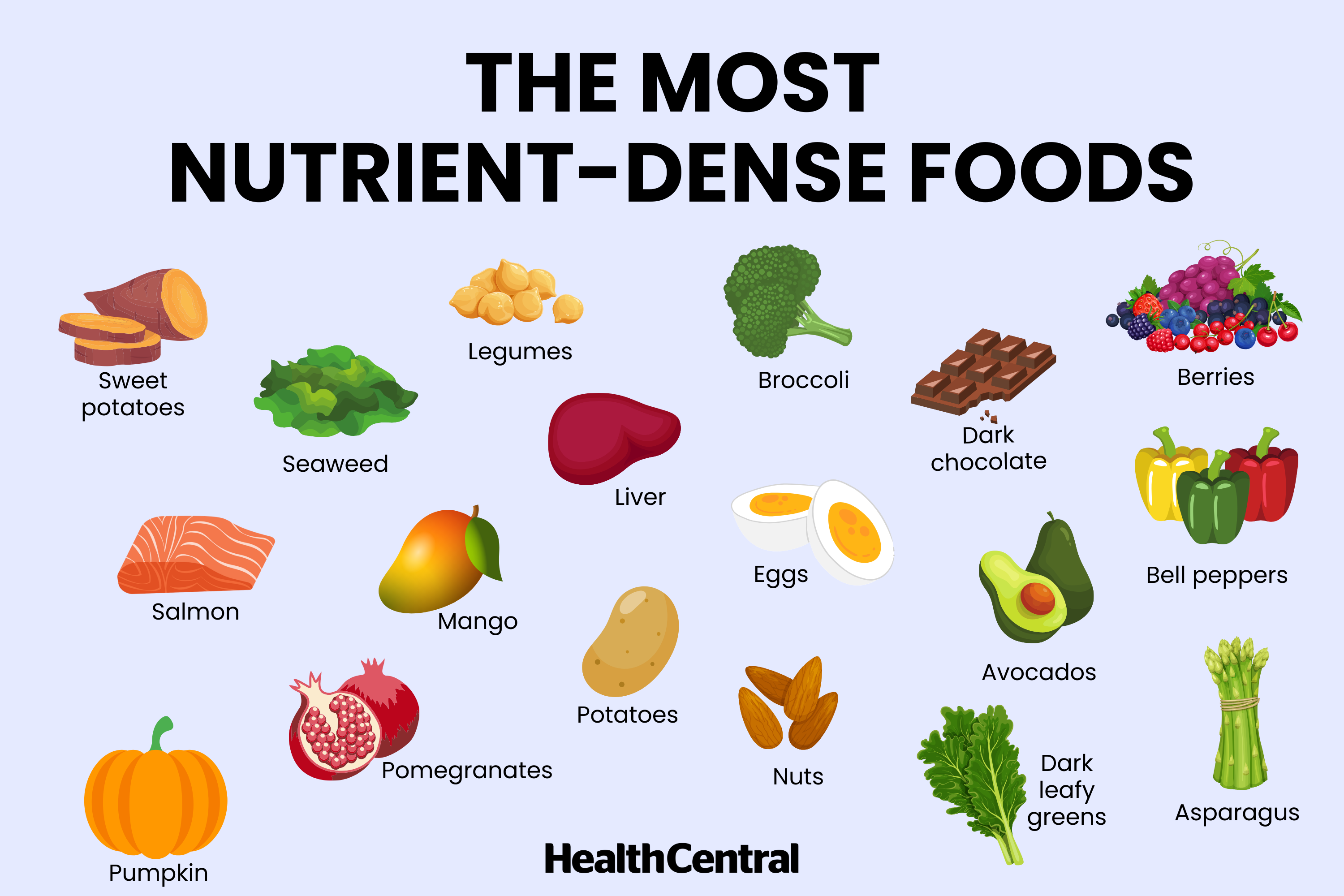
Understanding nutritional needs involves recognizing the diverse array of foods that fuel our bodies with essential nutrients.
Benefits of a Balanced Diet
Embracing a balanced diet offers numerous benefits, from maintaining a healthy weight to reducing the risk of chronic diseases such as diabetes, heart disease, and certain cancers. A balanced diet can also improve mental health, enhance mood, and increase energy levels. According to a study published in the Stanford Report, focusing on whole foods from plant sources can significantly impact health and weight management.
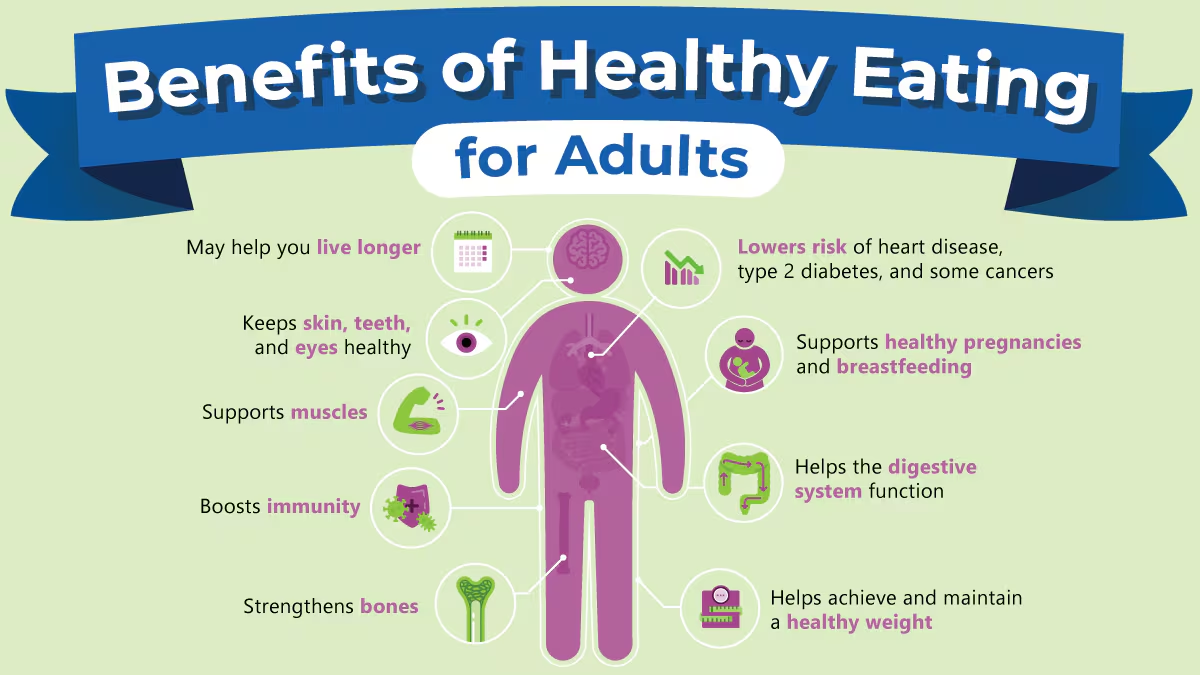
Adopting a balanced diet not only aids in weight management but also significantly reduces the risk of chronic illnesses.
Common Misconceptions
There are many misconceptions about what constitutes a balanced diet. Some believe it requires cutting out entire food groups or following restrictive diets. However, a balanced diet is about variety and moderation. It's about enjoying a wide range of foods while being mindful of portion sizes and nutritional content. The key is to make informed choices that align with your health goals and lifestyle.
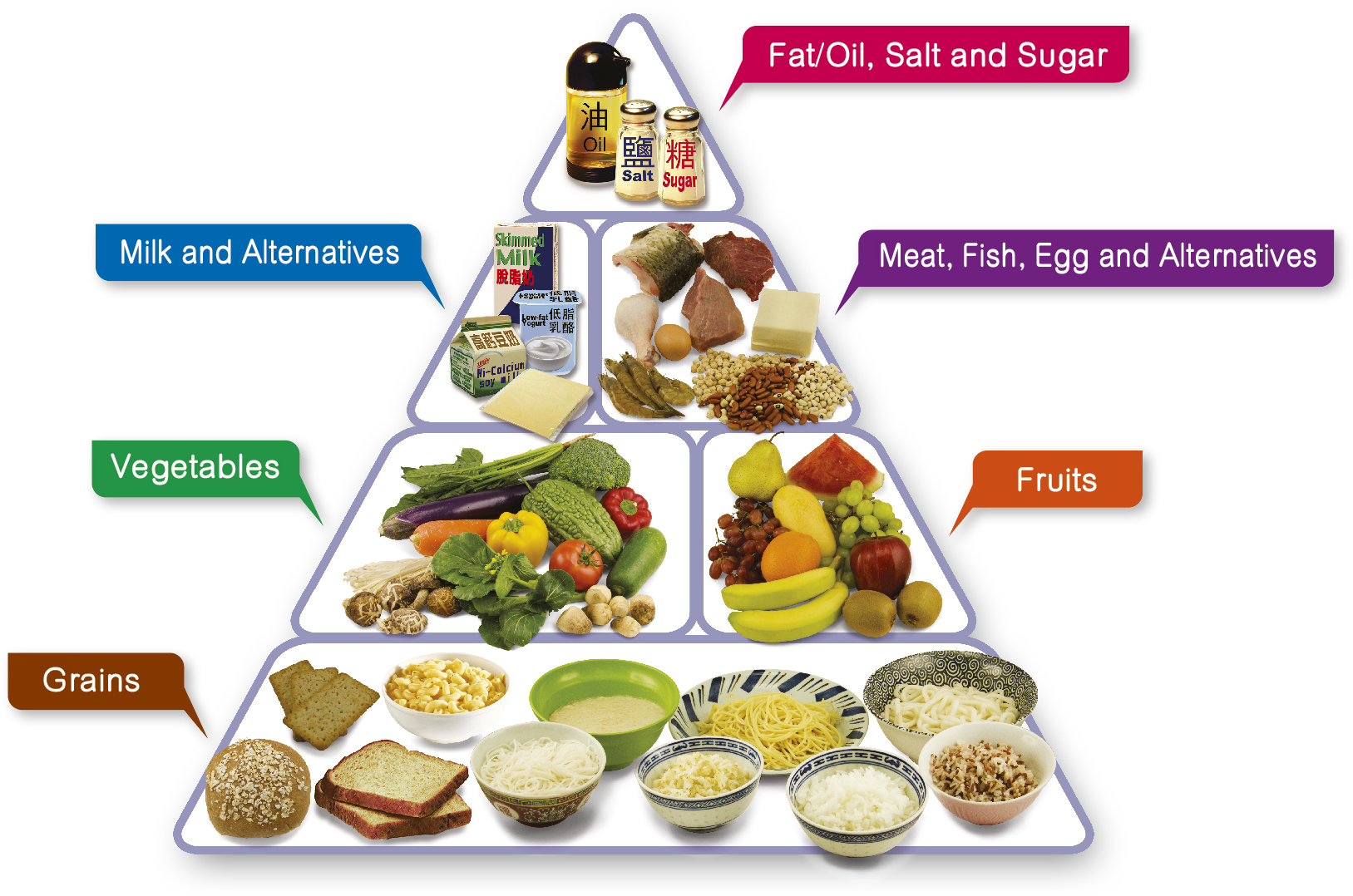
The balanced diet pyramid helps guide us in consuming the right proportions of different food groups for optimal health.
Incorporating Fruits and Vegetables
Fruits and vegetables are essential components of a balanced diet, providing a rich source of vitamins, minerals, and antioxidants. They are low in calories and high in fiber, making them ideal for maintaining a healthy weight and supporting digestive health. Incorporating a variety of colorful fruits and vegetables into your meals can ensure you receive a broad spectrum of nutrients.
The Power of Color
Each color of fruits and vegetables represents different nutrients and health benefits. For instance, red fruits and vegetables like tomatoes and strawberries are rich in antioxidants that support heart health. Green vegetables such as spinach and broccoli are high in vitamins A, C, and K, and are known for their anti-inflammatory properties. By eating a rainbow of fruits and vegetables, you can maximize the nutritional benefits.
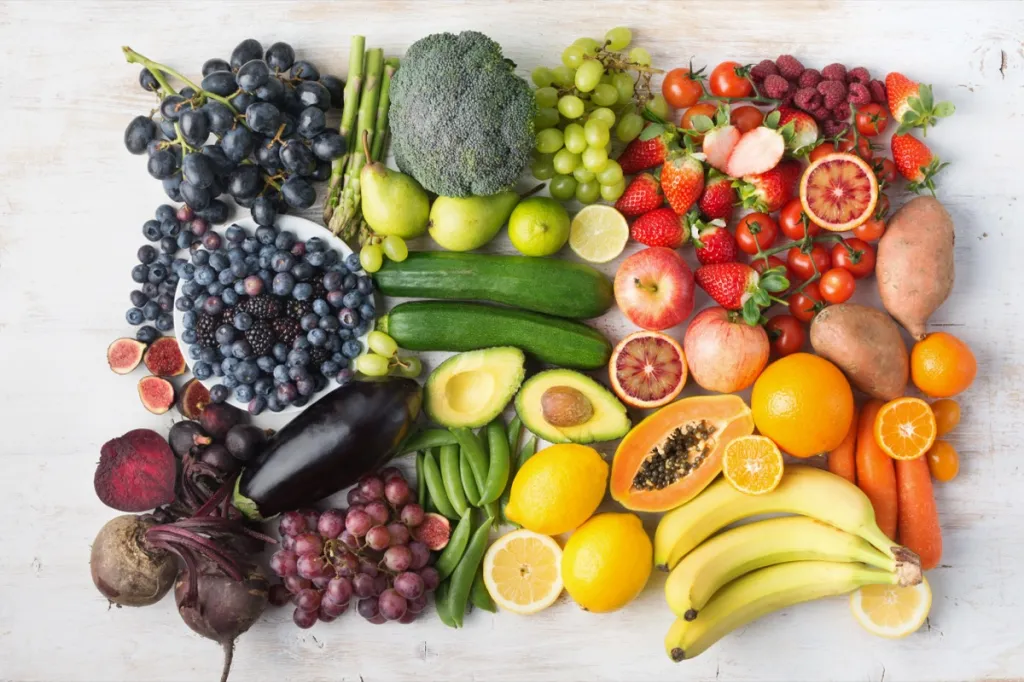
Each color in fruits and vegetables signifies unique nutrients, emphasizing the importance of variety for comprehensive health benefits.
Seasonal Choices
Choosing seasonal fruits and vegetables not only supports local farmers but also ensures you consume produce at its peak freshness and nutritional value. Summer offers a bounty of delicious options such as berries, melons, peaches, and leafy greens. Incorporating these seasonal choices into your diet can enhance flavor and variety.
Creative Ways to Add More
Incorporating more fruits and vegetables into your diet doesn't have to be a chore. There are countless creative ways to enjoy them, from smoothies and salads to stir-fries and soups. You can also explore modern healthy recipe twists to reinvent classic dishes with a nutritious spin. Experimenting with different cooking methods and flavors can make eating fruits and vegetables an enjoyable experience.
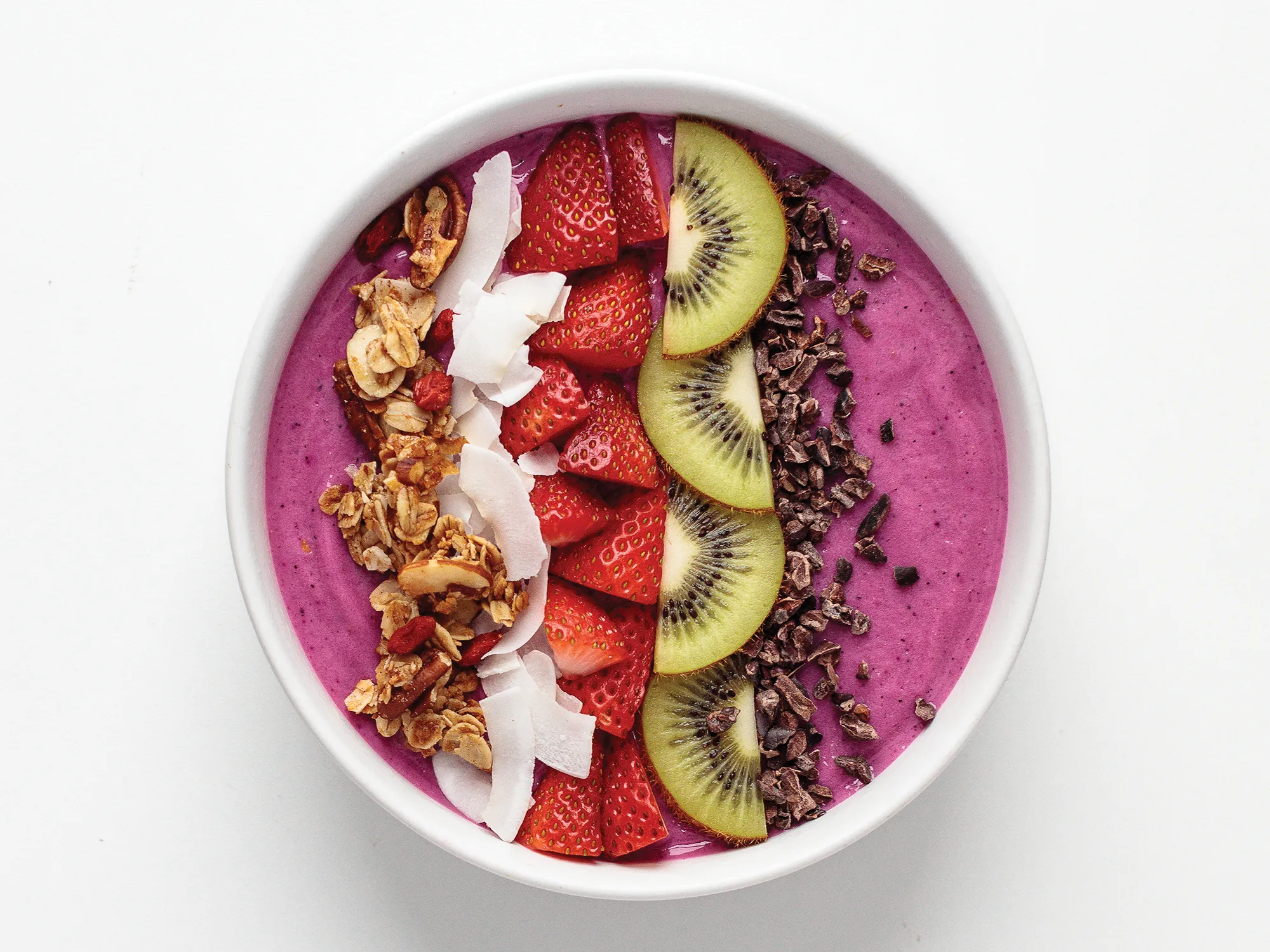
Creative presentations like smoothie bowls make it fun and easy to increase fruit intake while enjoying a nutritious meal.

Local farmer's markets are excellent sources of fresh, nutrient-rich vegetables that support a balanced and healthy diet.
Whole Grains for Energy
Whole grains are an excellent source of energy and fiber, essential for maintaining a healthy digestive system and sustaining energy levels throughout the day. Unlike refined grains, whole grains retain their nutrient-rich bran and germ, providing more vitamins, minerals, and antioxidants.
Understanding Whole Grains
Whole grains include foods like brown rice, quinoa, oats, and whole wheat bread. These grains are minimally processed, retaining their natural nutrients. They are an excellent source of complex carbohydrates, which provide a steady release of energy, helping you stay full and satisfied for longer periods.
Health Benefits
Incorporating whole grains into your diet can reduce the risk of chronic diseases such as heart disease, type 2 diabetes, and certain cancers. They also support digestive health by promoting regular bowel movements and preventing constipation. According to the Essential Guide, a balanced diet that includes a variety of food groups, including whole grains, can boost overall health and well-being.
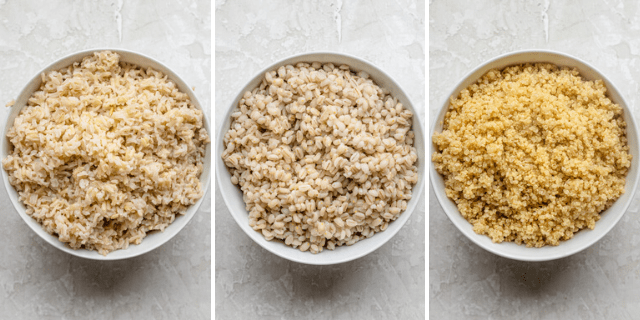
Whole grains are a powerhouse of nutrients that support heart health and reduce the risk of chronic diseases when included in diets.
Easy Ways to Include Whole Grains
Adding whole grains to your diet can be simple and delicious. Start by swapping refined grains for whole grain alternatives, such as using brown rice instead of white rice or whole wheat pasta instead of regular pasta. You can also incorporate grains like quinoa or barley into salads, soups, or as a side dish. Experimenting with different grains can add variety and texture to your meals.
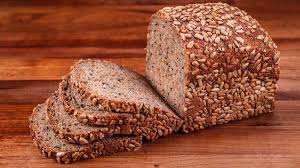
Whole grain bread provides essential fiber and nutrients, making it a staple for sustained energy and digestive health.
Lean Proteins for Muscle Health
Proteins are essential for building and repairing tissues, making them a crucial component of a balanced diet. Lean proteins, in particular, provide the necessary nutrients without the added saturated fats found in some animal products. Incorporating lean proteins into your diet can support muscle health and overall well-being.
Sources of Lean Proteins
Lean proteins include foods such as chicken, turkey, fish, tofu, and legumes. These sources provide high-quality protein with fewer calories and less fat. Fish, in particular, is rich in omega-3 fatty acids, which support heart health and reduce inflammation. Plant-based proteins like beans and lentils are also excellent options for those following a vegetarian or vegan diet.
Benefits of Lean Proteins
Consuming lean proteins can aid in muscle growth and repair, support weight management, and promote satiety. They are also essential for producing enzymes and hormones that regulate bodily functions. Including a variety of lean protein sources in your diet can ensure you receive all the essential amino acids your body needs.
Incorporating Lean Proteins
Incorporating lean proteins into your meals can be both simple and satisfying. Consider grilling or baking chicken or fish for a healthy main dish, or adding tofu or legumes to stir-fries and salads. You can also explore reinvented buffalo wings recipe for a creative twist on classic protein dishes.

Lean proteins like grilled chicken are essential for muscle repair and maintenance, without the excess fats found in other meats.
Hydration and Its Importance
Staying hydrated is crucial for maintaining overall health and well-being. Water is essential for various bodily functions, including digestion, temperature regulation, and nutrient transportation. Proper hydration can also improve energy levels, cognitive function, and skin health.
Understanding Hydration
Hydration involves consuming adequate fluids to meet the body's needs. While water is the best choice for hydration, other beverages and foods with high water content, such as fruits and vegetables, can also contribute to your daily fluid intake. It's important to listen to your body's thirst signals and drink water regularly throughout the day.
Benefits of Staying Hydrated
Proper hydration can enhance physical performance, prevent headaches, and improve mood and concentration. It also supports kidney function by helping to flush out waste products from the body. According to Whole Body Beautiful, staying hydrated can invigorate your body, helping you feel more energetic and balanced.
Tips for Staying Hydrated
To stay hydrated, aim to drink at least eight glasses of water a day, or more if you're physically active or in hot weather. Carry a reusable water bottle with you to encourage regular sipping, and try to include water-rich foods like cucumbers, watermelon, and oranges in your diet. If you find plain water boring, consider infusing it with fruits or herbs for added flavor.

Infused water is a delicious way to stay hydrated and energized, enhancing water with natural flavors and nutrients.
Moderation and Mindful Eating
While it's important to focus on nutritious foods, it's equally crucial to practice moderation and mindful eating. This approach allows you to enjoy your favorite treats without guilt, promoting a healthy relationship with food. Moderation is about balance, not deprivation, and mindful eating encourages awareness and appreciation of the eating experience.
Understanding Moderation
Moderation involves enjoying all foods in appropriate portions, without overindulging or restricting. It's about finding a balance that allows you to satisfy cravings while still meeting your nutritional needs. By practicing moderation, you can enjoy a variety of foods without feeling deprived or guilty.
Practicing Mindful Eating
Mindful eating involves paying attention to the present moment and savoring each bite. It encourages you to listen to your body's hunger and fullness cues, helping you make more conscious food choices. By practicing mindful eating, you can develop a healthier relationship with food and reduce overeating.
Tips for Practicing Moderation and Mindful Eating
To practice moderation, allow yourself to enjoy your favorite treats in small portions and savor them slowly. Focus on the quality of the food rather than the quantity, and choose nutrient-dense options whenever possible. For mindful eating, eliminate distractions during meals, chew slowly, and pay attention to the flavors and textures of your food. By adopting these practices, you can enjoy a balanced diet without feeling restricted.
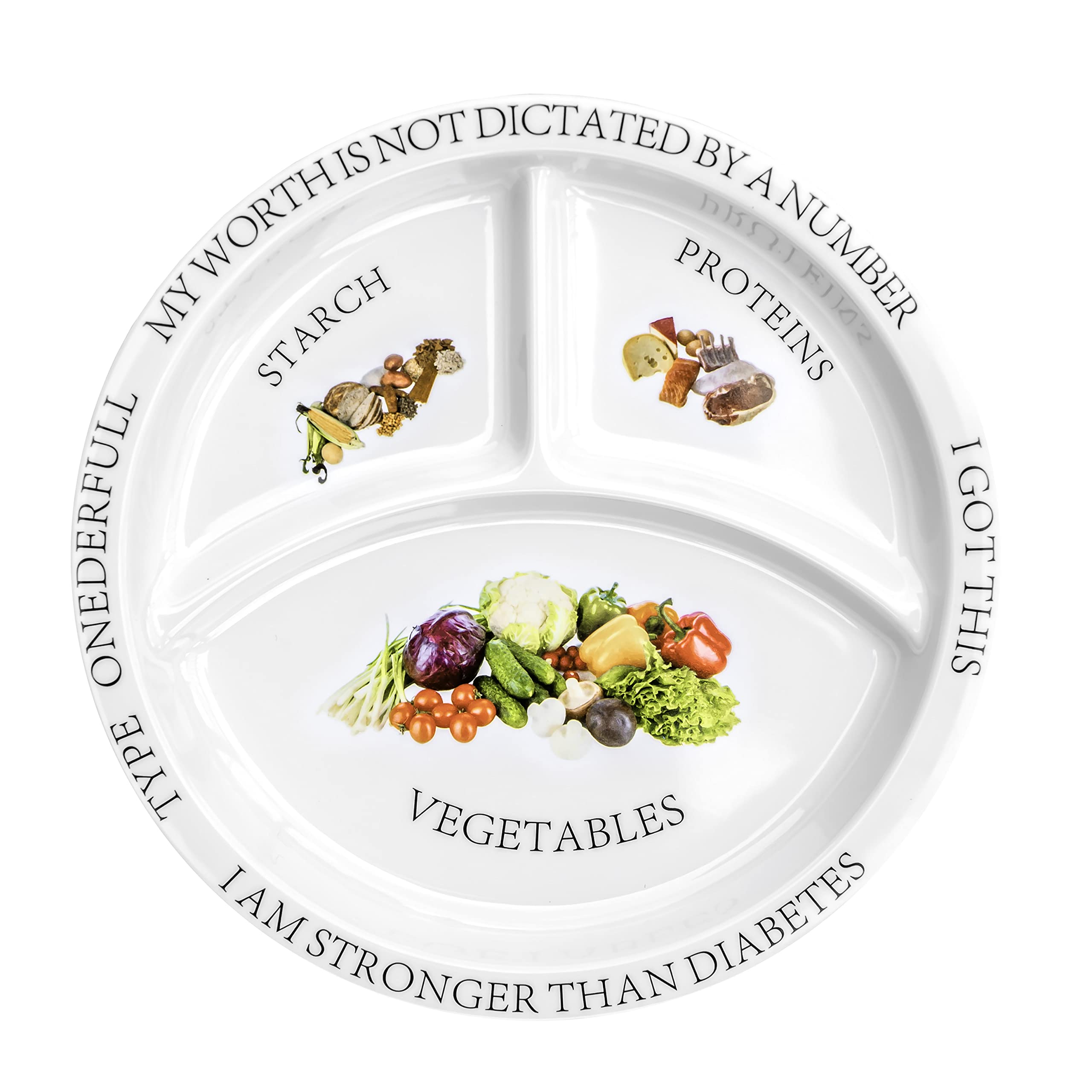
Practicing portion control is a key aspect of moderation, helping to maintain balance while enjoying a variety of foods.

Mindful eating encourages us to savor each bite, fostering a healthier relationship with food through awareness and balance.
Conclusion
Embracing a balanced diet and healthy lifestyle is a journey that requires commitment and mindfulness. By focusing on nourishing your body with a variety of colorful fruits and vegetables, whole grains, lean proteins, and adequate hydration, you can support your overall health and well-being. Incorporating regular physical activity, such as walking or swimming, can further enhance your mood and energy levels, helping you feel your best throughout the summer and beyond. Remember, the goal is not to achieve a specific look but to feel confident and healthy in your own skin. By adopting sustainable habits and practicing moderation and mindful eating, you can create a healthy routine that lasts a lifetime. As you embark on this journey, explore healthy eating tips and modern healthy recipe twists to keep your meals exciting and nutritious. Ultimately, embracing a balanced diet is about nourishing your body and mind, allowing you to thrive and enjoy life to the fullest.
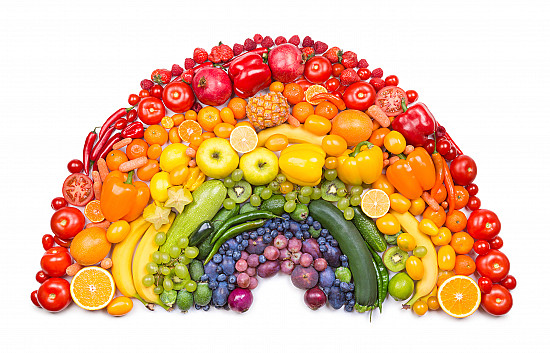
The more colorful your plate, the more nutrients it contains. A variety of fruits and vegetables supports overall health and vitality.
Frequently Asked Questions
A balanced diet is one that provides the body with all the essential nutrients it needs to function optimally. It includes a variety of foods from different food groups in the right proportions. A balanced diet is important because it supports overall health, helps maintain a healthy weight, and reduces the risk of chronic diseases. By consuming a balanced diet, you can ensure that your body receives the necessary nutrients to perform its functions effectively.
Incorporating more fruits and vegetables into your diet can be simple and enjoyable. Start by adding them to your meals in creative ways, such as making smoothies, salads, or stir-fries. You can also snack on raw fruits and vegetables throughout the day or use them as toppings for yogurt or oatmeal. Experimenting with different cooking methods and flavors can make eating fruits and vegetables a delightful experience.
Whole grains include foods like brown rice, quinoa, oats, barley, and whole wheat bread. These grains are minimally processed, retaining their nutrient-rich bran and germ. Whole grains are beneficial because they provide a steady release of energy, support digestive health, and reduce the risk of chronic diseases. They are also rich in fiber, which promotes satiety and helps maintain a healthy weight.
Hydration is crucial for maintaining overall health and well-being. Water is essential for various bodily functions, including digestion, temperature regulation, and nutrient transportation. To ensure you're drinking enough water, aim to consume at least eight glasses a day, or more if you're physically active or in hot weather. Carry a reusable water bottle with you to encourage regular sipping, and include water-rich foods like cucumbers and watermelon in your diet.
Mindful eating involves paying attention to the present moment and savoring each bite. It encourages you to listen to your body's hunger and fullness cues, helping you make more conscious food choices. Mindful eating can benefit your health by promoting a healthier relationship with food, reducing overeating, and enhancing the enjoyment of meals. By practicing mindful eating, you can develop a more balanced and satisfying approach to eating.
Practicing moderation involves enjoying all foods in appropriate portions, without overindulging or restricting. To practice moderation, allow yourself to enjoy your favorite treats in small portions and savor them slowly. Focus on the quality of the food rather than the quantity, and choose nutrient-dense options whenever possible. By adopting a balanced approach to eating, you can enjoy a variety of foods without feeling deprived or guilty.
Maintaining a healthy diet during the summer can be enjoyable and rewarding. Focus on incorporating seasonal fruits and vegetables into your meals for added flavor and nutrition. Stay hydrated by drinking plenty of water and consuming water-rich foods. Plan balanced meals that include a variety of food groups, and practice moderation and mindful eating. By adopting these habits, you can enjoy the summer while feeling your best.
Making healthy eating a sustainable habit involves setting realistic goals and making gradual changes to your diet. Focus on incorporating a variety of nutritious foods, and experiment with different recipes and cooking methods to keep meals exciting. Practice moderation and mindful eating, and allow yourself to enjoy treats in moderation. By adopting a balanced approach and prioritizing long-term health, you can create a healthy routine that lasts a lifetime.